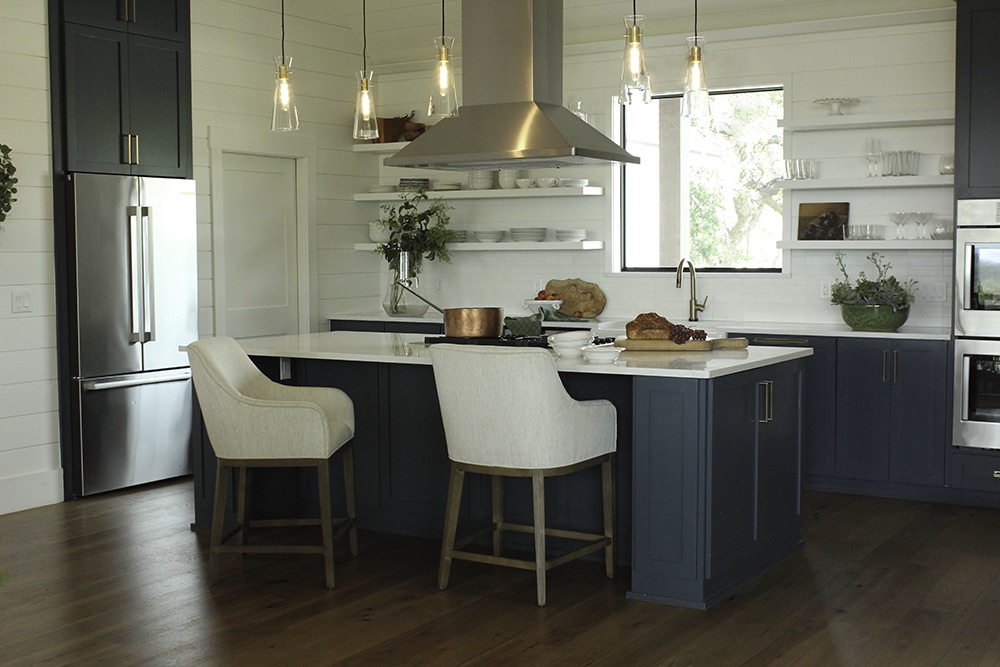What to Look for When Selecting a Building Contractor in Central Texas
When it comes to construction or renovation projects in Central Texas, choosing the right contractor is crucial to ensuring your project is completed on time, within budget, and to the desired quality standards. The region’s unique climate, building codes, and specific architectural styles make it important to hire a construction company or contractor who knows the area well. Here are some key factors to consider when selecting a building contractor in Central Texas.
1. Local Experience and Knowledge
The first thing you should look for in a contractor is local experience. Central Texas has its own unique set of challenges, from extreme heat and droughts to heavy rains and flooding. A contractor familiar with the region will have a better understanding of which materials and construction techniques work best to withstand the local weather patterns. They’ll also be more familiar with zoning laws, local building codes, and regulations specific to cities like Austin, Waco, or San Antonio.
Tip: Ask the contractor about their previous projects in Central Texas, and look for experience in constructing homes or buildings similar to your own project.
2. Strong Reputation and Reviews
Reputation goes a long way in the construction industry. Make sure to check out the contractor’s reviews and ask for referrals. Talk to previous clients to get insight into their experiences working with the contractor. Were they satisfied with the timeline, budget, and final result? Did the contractor communicate effectively and address issues as they arose?
You can also check platforms like Yelp, Google Reviews, or the Better Business Bureau (BBB) to see if there have been any complaints filed against them.
Tip: Make sure the contractor has a good track record of completing projects similar in scale and type to what you’re planning.
3. Proper Licensing and Insurance
Texas doesn’t require general contractors to have a license, but it’s still important to hire someone who follows industry best practices. A reputable contractor should be fully insured, including general liability and workers’ compensation. This protects both you and the contractor’s employees in the event of an accident on-site.
In addition, if your project requires specialized work such as plumbing or electrical installations, verify that the subcontractors or the contractor hold the appropriate state-issued licenses.
Tip: Ask the contractor to provide proof of insurance and any necessary trade licenses before signing a contract.
4. Clear and Detailed Estimates
A well-detailed estimate shows professionalism and helps avoid surprises down the line. Ask for a written estimate that includes the cost of materials, labor, permits, and any other associated fees. The more detailed the estimate, the easier it will be to compare contractors.
Beware of contractors who provide low-ball estimates or ask for full payment upfront. A good contractor should break down payments into stages tied to specific milestones in the project.
Tip: Get at least three estimates from different contractors to compare prices, but don’t just go with the lowest bid. Consider the contractor’s quality of work and professionalism.
5. Timeline and Availability
Your project’s timeline is essential to staying on budget and reducing disruption. Ask the contractor about their current workload and when they can start your project. Some contractors may be booked months in advance, while others may be able to start right away, depending on the size and scope of your project.
Additionally, discuss how the contractor plans to handle any unexpected delays, such as weather issues or supply chain disruptions.
Tip: Make sure the contractor provides a clear timeline in the contract and addresses contingencies for potential delays.
6. Good Communication Skills
A successful project requires good communication between you and your contractor. From the initial consultation to the final walkthrough, you’ll want someone who listens to your needs, responds to questions in a timely manner, and is proactive about giving you updates. A contractor who is hard to reach or avoids answering questions may cause frustration later.
Clear communication also extends to how they handle changes. Projects often evolve as work progresses, so having a contractor who can adapt to change orders without unnecessary delays or costs is key.
Tip: During your initial consultation, pay attention to how the contractor communicates. Do they ask questions and listen carefully, or do they dominate the conversation?
7. Experience with Your Specific Project Type
Every construction project is different. Some contractors specialize in commercial buildings, while others focus on residential construction, remodels, or even historic renovations. Choosing a contractor with relevant experience is important to ensure they understand the nuances of your specific project type.
If you’re building a custom home in Central Texas, for example, you’ll want a contractor who has successfully completed similar homes in the area and understands the local architectural trends and materials. For commercial projects, a contractor with experience in large-scale builds and adherence to commercial building standards is vital.
Tip: Review the contractor’s portfolio and see if they have examples of projects that match your needs.
8. Warranty and After-Project Support
Reputable contractors stand behind their work. Ask what kind of warranty the contractor offers and whether they will provide follow-up services once the project is complete. This ensures that if any issues arise after completion, they’ll return to address them without additional cost.
Tip: Look for contractors who provide a written warranty covering workmanship and materials.
Conclusion
Selecting the right building contractor in Central Texas requires thorough research and consideration. By focusing on local experience, reputation, proper licensing, clear communication, and a detailed estimate, you can ensure your project goes smoothly from start to finish. Ultimately, the right contractor will make all the difference in turning your vision into reality while staying within your budget and timeline.
Take your time to vet potential contractors, ask questions, and choose the one who aligns with your goals and standards for your project.
